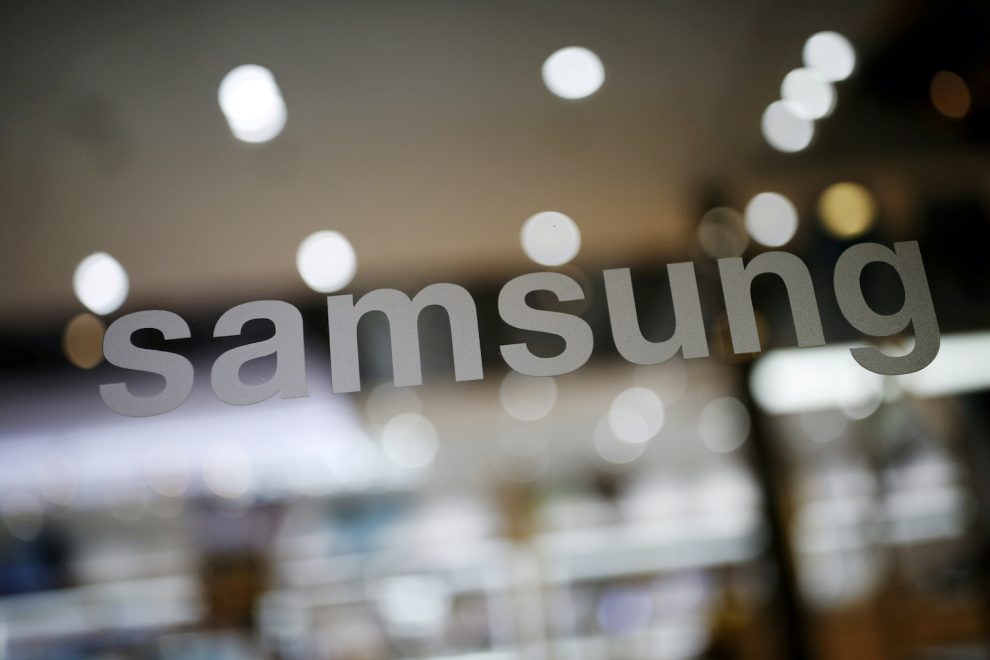Samsung plans to invest trillions of won in non-memory chip production as part of its ambitions to become the world’s No.1 logic chipmaker by 2030.
The Korean firm, joining a rush of firms ramping up investments amid a global chips shortage, is to increase its investment in the chips to 171 trillion won ($151 billion) through to 2030.
The country is just one of many nations that have been working to strengthen their chip supply chains in the wake of the worldwide shortages that have impacted the electronics, auto and white goods industries. Chips are the No1 export item for South Korea, accounting for about 20% of exports.
Also on ATF: Tesla cancels bitcoin payments plan amid climate concerns
The South Korean government also said on Thursday said it will be offering bigger tax breaks – plus 1 trillion won ($883 million) in loans – for its local chip industry.
Some 153 chip companies, including global No1 and No2 memory chip makers Samsung and SK Hynix, already have plans to invest a combined 510 trillion won or more between this year and 2030, according to the Korea Semiconductor Industry Association.
Samsung’s increased investment target, up from 133 trillion won announced in 2019, is part of its goal to become the world’s No1 logic chipmaker by 2030. It wants to challenge bigger rivals TSMC in contract chip manufacturing and Qualcomm in mobile processing chips.
“We need pre-emptive investments… to strengthen the domestic industrial ecosystem and lead the global supply chain to make this opportunity ours,” South Korean President Moon Jae-in said.
TAX BREAKS
South Korea will also increase tax breaks to 6% from the current 3% or lower for capital expenditures between second half of 2021 to 2024 for large corporations in “key strategic technologies” including semiconductors, the Ministry of Trade, Industry and Energy said in a statement.
And the government will offer about 1 trillion won in long-term loans and also raised the number of chip industry workers to be educated to 36,000 by 2030, more than double its previous target in 2019.
“Setting up an environment where smaller fabless firms can thrive, with plenty of workforce and foundries, would naturally bolster system chip industry,” said Jinwook Burm, head of the Institute of Semiconductor Engineers.
In March, US President Joe Biden flagged plans to invest $50 billion in semiconductor manufacturing and research.
- Reporting by Reuters
























